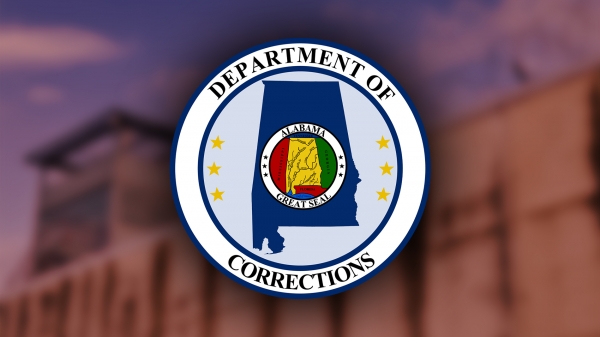Three private attorneys representing Alabama’s prison system have been sanctioned and removed from a federal case after a judge found they submitted court filings containing fake case law generated by ChatGPT.
In a sharply worded order issued Wednesday, U.S. District Judge Anna Manasco reprimanded Matthew Reeves, William Cranford and William Lunsford of the Butler Snow law firm for citing nonexistent legal cases, what she called “hallucinations” produced by the AI chatbot.
“In simpler terms, the citations were completely made up,” Manasco wrote.
The filings were submitted in a lawsuit brought by an inmate at Donaldson Correctional Facility, who alleged he was repeatedly stabbed due to inadequate prison protections. After opposing counsel flagged suspicious citations in May, Manasco attempted to verify the cases herself and found no record of them. She then demanded an explanation from the attorneys.
Lunsford responded that the issue stemmed from Reeves using ChatGPT without verifying the results.
“In short, attorney Matt Reeves used ChatGPT to obtain case citations in support of two arguments made in the motions at issue without verifying their accuracy, and those citations proved to be false,” wrote Lunsford.
“It is unacceptable, embarrassing, and does not reflect the high regard we have for the Court, the judicial system, and all parties and counsel of record. We sincerely apologize to everyone involved.”
The judge removed all three lawyers from the case and ordered them to share her sanctions order with every client, judge, opposing counsel and all attorneys in their Huntsville office. The ruling will also be published in a federal legal journal.
“Fabricating legal authority is serious misconduct that demands a serious sanction,” stated Manasco. “In the court’s view, it demands substantially greater accountability than the reprimands and modest fines that have become common as courts confront this form of AI misuse.”
She also aimed at the Alabama Department of Corrections for continuing to retain the attorneys.
“They have little effect when the lawyer’s client (here, an Alabama government agency) learns of the attorney’s misconduct and continues to retain him.”
Reeves acknowledged he failed to cross-check the citations.
“I relied on the AI-generated output without confirming that the citations were valid and applicable,” said Reeves. “I sincerely regret this lapse in diligence and judgment.”
Manasco noted that Lunsford attempted to avoid the initial sanctions hearing.
“This cannot be how litigators, particularly seasoned ones, practice in federal court or run their teams,” wrote Manasco.



















































